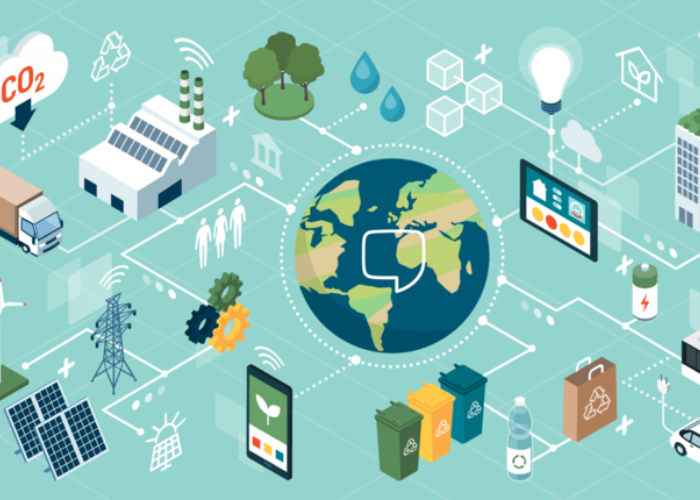Climate change is one of the most pressing issues facing humanity today. Our world is changing rapidly and the consequences are being felt across the globe. From extreme weather events to the extinction of animal species to the displacement of millions of people, the impacts of climate change are far-reaching.
At the same time, many of us are still unsure about what climate change is, what causes it, and what we can do to address it. This blog post will explore the science of climate change, the consequences of the changing climate, and the potential solutions that could help us avoid a global climate catastrophe.
What is Climate Change?
Climate change is a complex issue that encompasses many different aspects of our planet. Essentially, climate change is the long-term alteration in the average weather patterns across the world. This includes changes in temperature, precipitation, and wind patterns.
Climate change is driven by both natural and human-caused processes. Natural processes, such as volcanic eruptions and changes in the Earth’s orbit, can affect the climate. However, human activities, such as burning fossil fuels and clearing forests, are the biggest contributors to climate change.
The Intergovernmental Panel on Climate Change (IPCC) has concluded that the average global temperature has increased by 1.1 degrees Celsius over the past century. This increase is largely due to human activities that have caused the release of carbon dioxide and other greenhouse gases into the atmosphere.
Causes of Climate Change
Climate change is caused by a variety of factors, both natural and human-induced. Natural processes, such as volcanic eruptions, changes in the Earth’s orbit, and the release of aerosols into the atmosphere can all affect the climate.
However, human activities are the biggest contributors to climate change. Burning fossil fuels such as coal and oil releases carbon dioxide and other greenhouse gases into the atmosphere. These gases trap heat, causing the planet to warm.
Deforestation is also a major contributor to climate change, as trees help to absorb carbon dioxide from the atmosphere. Clearing forests for agriculture and other human activities reduce the amount of carbon dioxide that is removed from the atmosphere, leading to higher concentrations of greenhouse gases and further warming.
Effects of Climate Change
The effects of climate change are far-reaching and are already being felt across the globe. Rising temperatures, melting glaciers, and rising sea levels are all consequences of climate change.
Higher temperatures can lead to more extreme weather events such as heat waves, droughts, and floods. These events can be devastating, causing loss of life and property. In addition, melting glaciers and rising sea levels can cause flooding in coastal areas, displacing millions of people.
Warmer temperatures can also have a devastating effect on ecosystems, as plants and animals are unable to adapt quickly enough to changing conditions. This can lead to species extinction and the disruption of entire ecosystems.
Impact on Our Natural World
The effects of climate change are already being felt in our natural world. Warmer temperatures are causing plants and animals to migrate to cooler areas, disrupting entire ecosystems. As plants and animals struggle to adapt to the changing climate, many species are at risk of extinction.
In addition, rising sea levels are causing coastal flooding, which can be devastating to coastal communities. Warmer temperatures are also causing coral reefs to bleach, which can have a devastating effect on marine life.
Solutions to Climate Change
The good news is that there are solutions to climate change. We can reduce our carbon footprint by using renewable energy sources such as solar and wind power. We can also reduce our reliance on fossil fuels and invest in energy efficiency measures.
In addition, we can protect and restore forests, which play an important role in removing carbon dioxide from the atmosphere. Reforestation and afforestation efforts can help to reduce the amount of carbon dioxide in the atmosphere and slow the pace of climate change.
Conclusion
Climate change is a complex issue with far-reaching consequences. Human activities, such as burning fossil fuels and clearing forests, are the biggest contributors to climate change. The effects are already being felt across the globe, from extreme weather events to species extinction.
Fortunately, there are solutions to climate change. We can reduce our reliance on fossil fuels and invest in renewable energy sources. We can also protect and restore forests, which play an important role in absorbing carbon dioxide from the atmosphere. By taking action now, we can avoid a global climate catastrophe.





